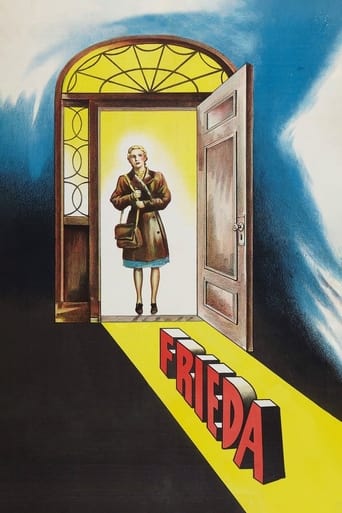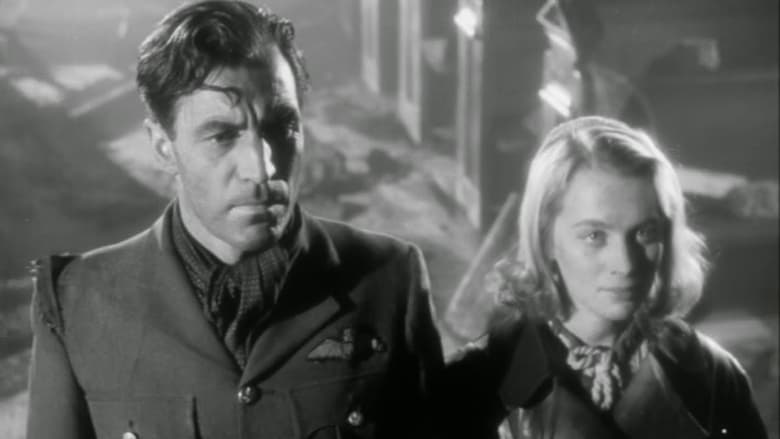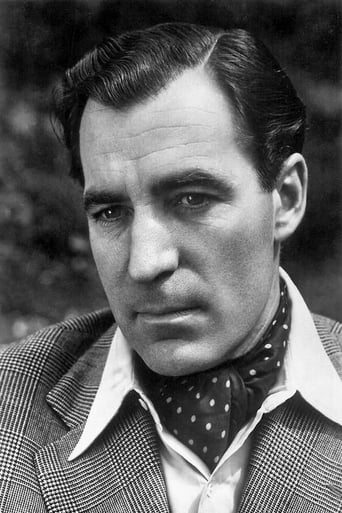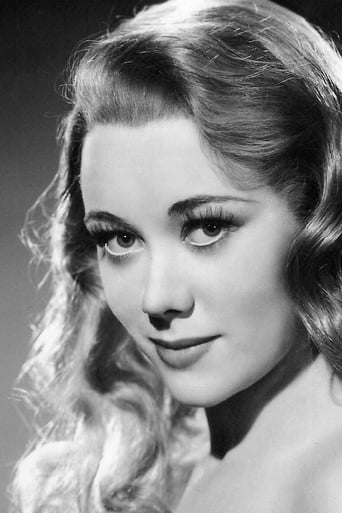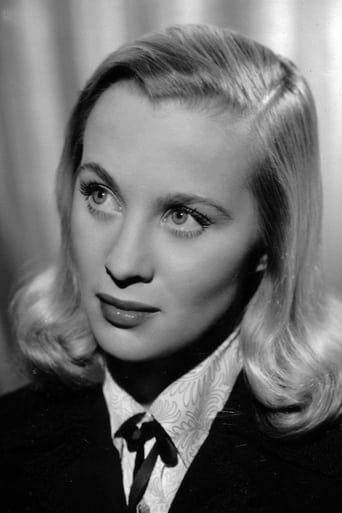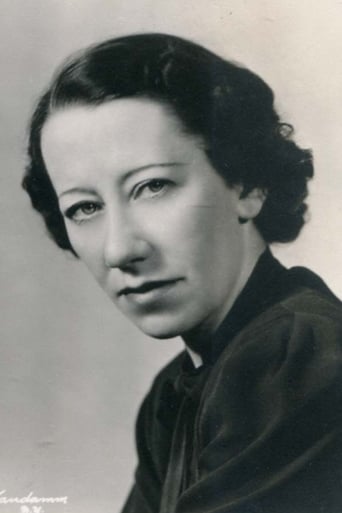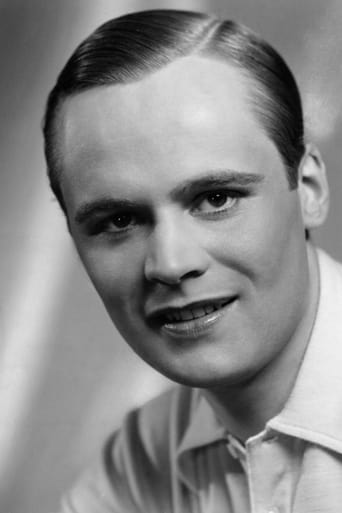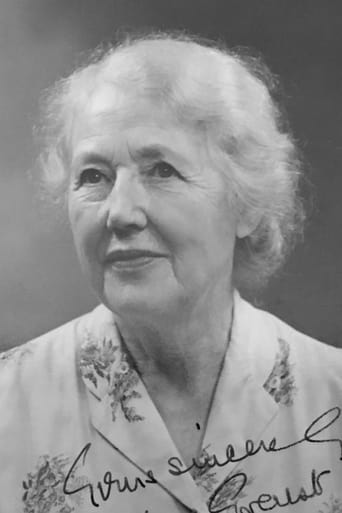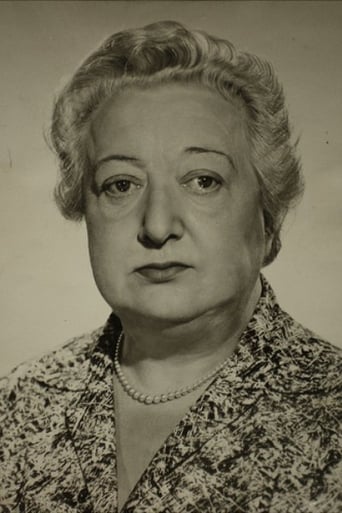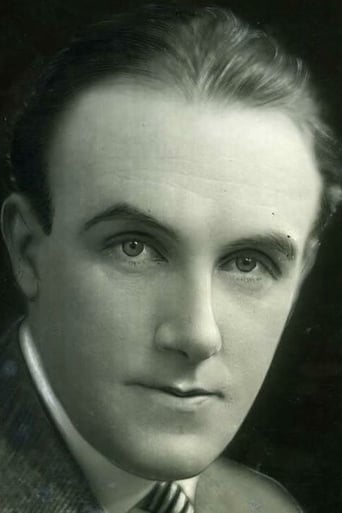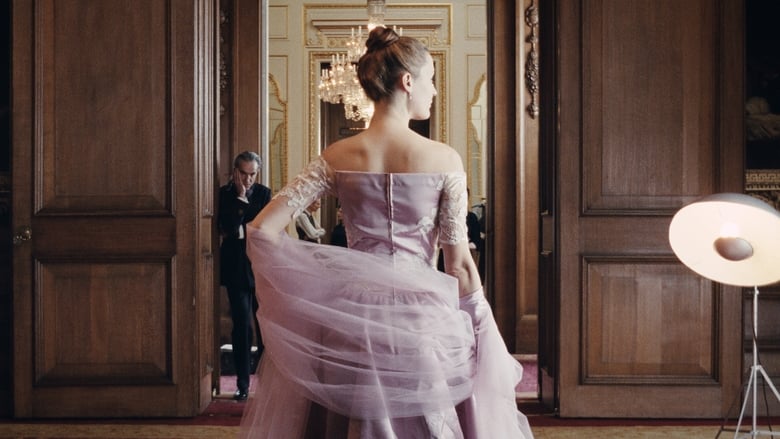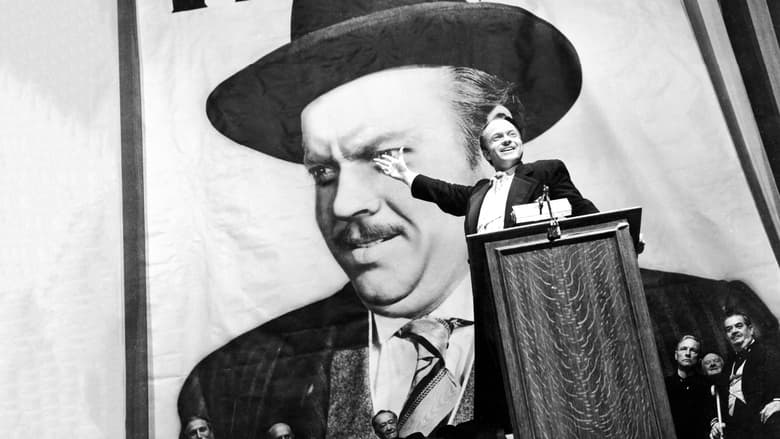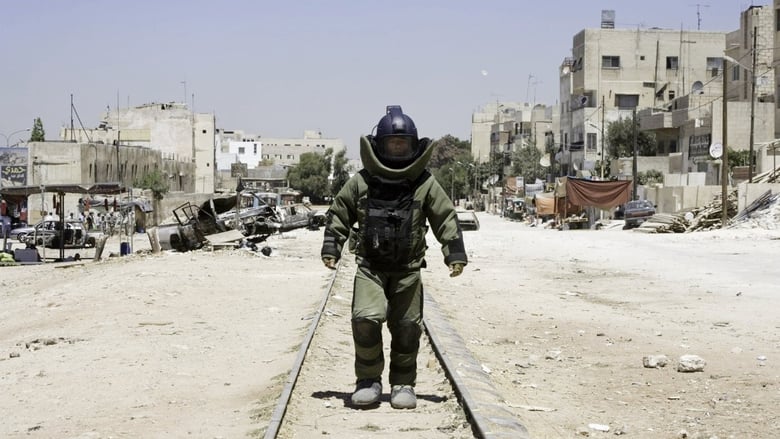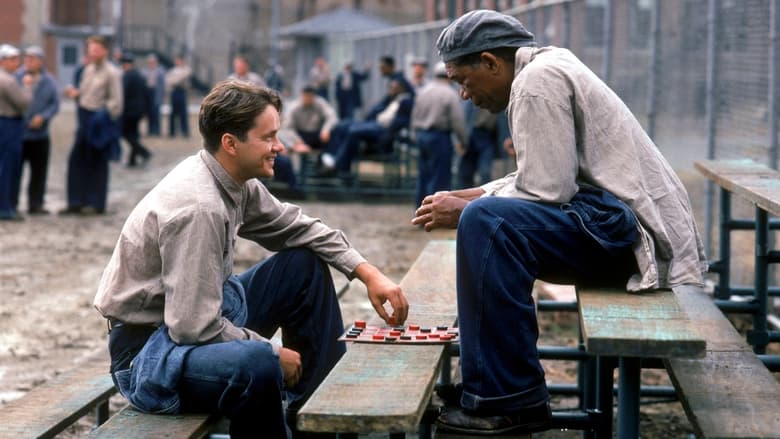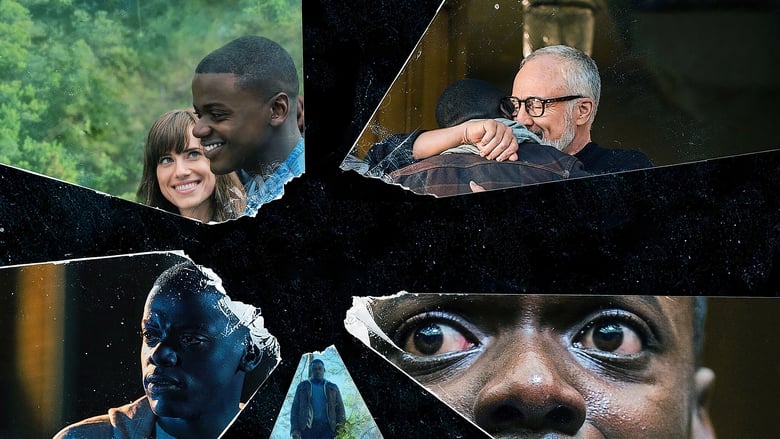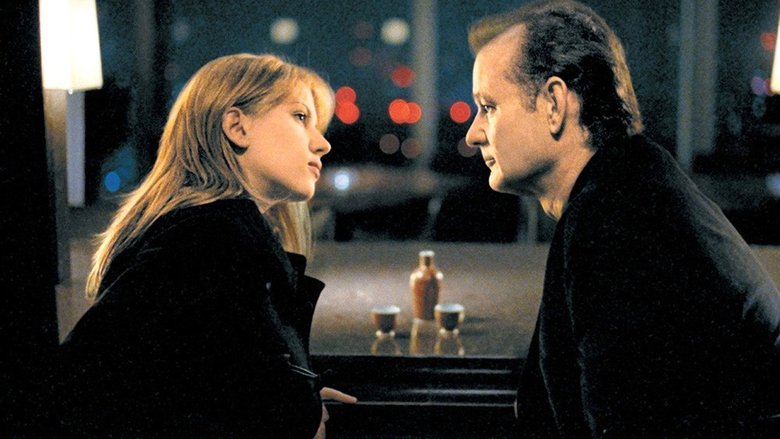A young German girl marries an Englishman and moves into his family's household during the last days of World War II. The family and community have conflicting feelings about her presence in the community, and as a result, the family is forced to face their own moral code as they deal with their own prejudices and fears about the seemingly innocent German girl. The war ends, and she finally seems to be accepted into the family and community when her Nazi brother shows up to create havoc.


Similar titles
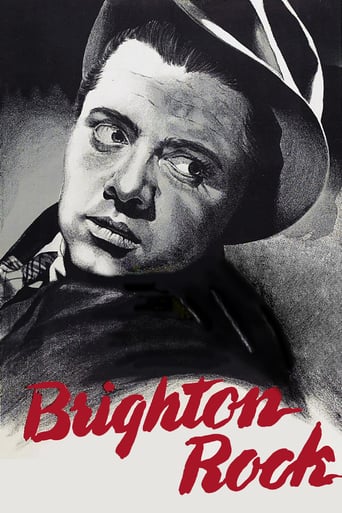
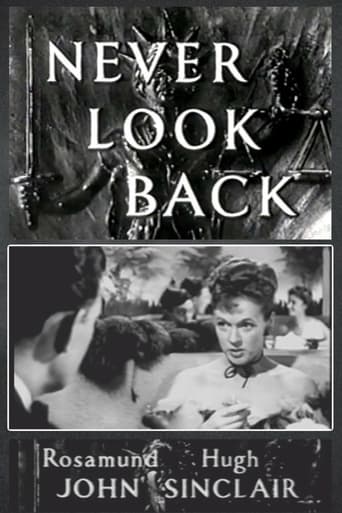
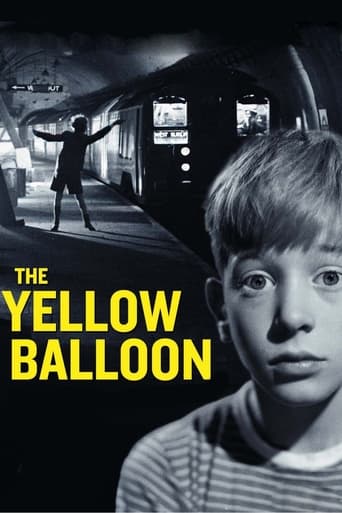
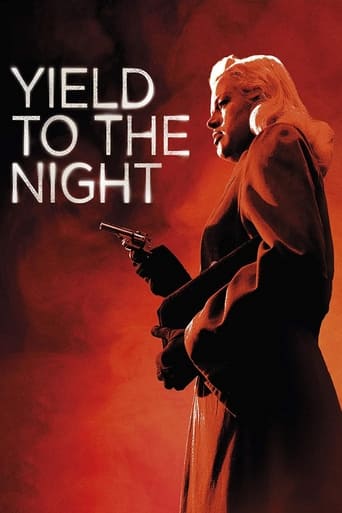
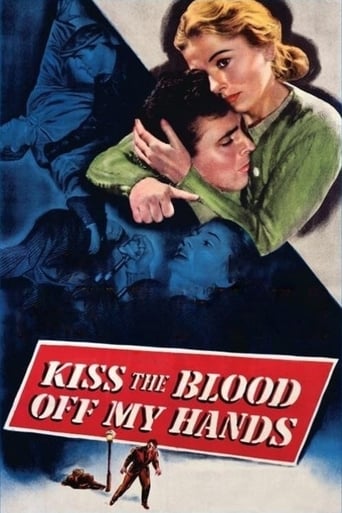
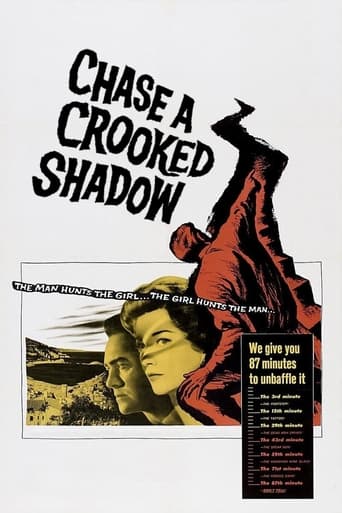
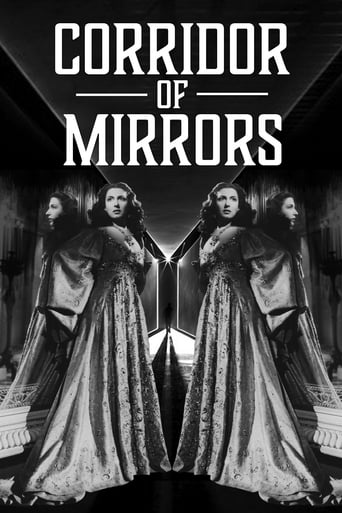
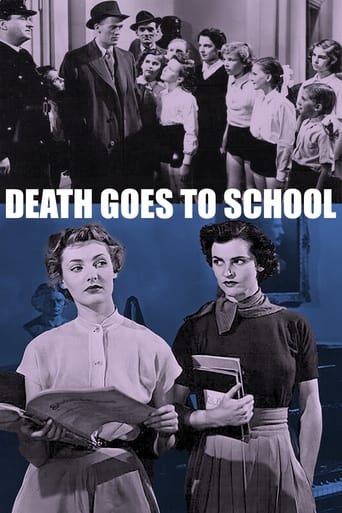
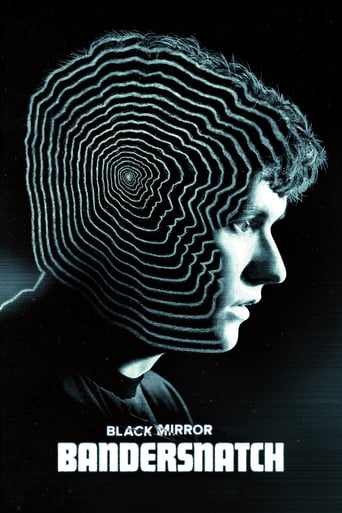
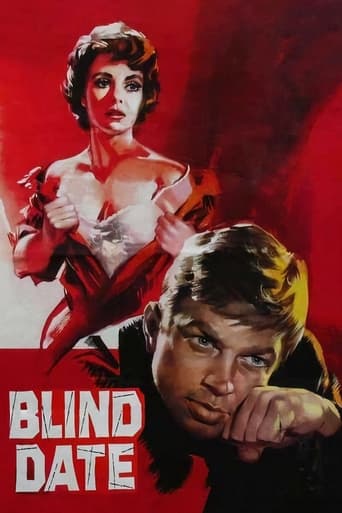
Reviews
Despite London Live TV station in the UK showing a season of Ealing films, they have unaccountably omitted this brilliant film.Thank heavens then for YouTube.com for bringing this gem to my notice.This excellent film explores early post war attitudes of the British to Germans and Germany.We are still mulling over this moral conundrum 70 years later.I had a serious relationship in 1974 with a German girl (Gabriella) from Magstadt when I was 28 and introduced her to my late parents (my father served in the RAF) who both lived through the war.I can well understand their moral dilemma and relationship with her and Gabriella's with them.The casting was excellent with leading man John Farrar as Robert feeling pity/affection on the German nurse Frieda (played with great conviction by Swedish actress Mai Zetterling) and going through an improvised marriage in war-torn Poland.Robert had a brother now deceased in the RAF who had married Judy (Glynis Johns) and his sister Nell(Dame Flora Robson) who hopes to go into Parliament to represent her constituency and brave hostile public opinion for those who have suffered at the hands of Germany in the war.As the film develops Robert's feeling turn from pity/affection to genuine love as Frieda relishes life on the farm where Robert's family reside, becoming a very accomplished hausefrau (but not yet married to Robert).However a trip to the local cinema shows Frieda & Robert the bitter truth about Belsen in the newsreels which then have a sobering effect on their relationship.This is further tested when Richard (Albert Lieven) & Frieda's German brother turns up and tries to convert her to the evil creed of Nazism even though she is obviously happy living in her new life in England.He presses a pendant swastika into his sister's hand as she is rehearsing a Catholic marriage ceremony having finally assented to marrying Robert.One memorable scene shows a facially disfigured British army survivor who knows Richard from his short time in a concentration camp before being transferred to a proper P.O.W.camp.This incident in a pub ignites a physical confrontation between Robert and Richard is like a mini microcosm of WW11 with Britain at first on the defensive, then fighting back before resulting in Richard's death.Frieda is then racked with guilt and tries to drown herself in the local river.Germany's positive contribution to humanity Goethe, Schiller, Beethoven, Brahms et all are examined and a sweet verse sung in German of "Heilige Nacht" (Silent Night) is sung by Mai.I won't provide a spoiler to this thought provoking film, still relevant after 70 odd years, but do see this excellent film which is currently available on YouTube.com.
Phew, that was a tough watch.. Not the production, Frieda is well made, but makes us all face up to our own prejudice and fear. I have no idea how this must have felt to the audience in 1947, I am sure many struggled to sympathise with Frieda, the enemy.Today hatred is still rife, we live in a world that is still drawing dividing lines, for what.. where has it got us. Frieda tries to make us examine irrational fears and blind hatred. The film pushes us to see people as individuals.I often look back at old cinema as a little simple, corny even, it is not often I sit in silence at the end and contemplate what I have seen, Frieda made me do this.Should you watch this, yes if you like cinema that takes you somewhere and you like to empathise with tough subject matter. It is not an arty film and is extremely watchable.. But if you need whizzbangs and CGI this might not be the film for you.All I can say to finish, I am glad I finally sat down to watch Frieda.
I liked this film a lot--because it was so well made, because it was so very different but especially since it had such a strong emotional impact. Ealing Studios, a wonderful small British company, once again scores a bullseye with this lovely postwar film and it's very well worth watching.The film begins in the latter part of WWII. A British flier (David Farrar) escapes from Germany thanks to the help of a young German lady (Mai Zetterling). In gratitude for her help, Farrar brings her home and asks her to marry him. Surprisingly, though, the small English town he returns to welcomes her like a leper--even though she proved herself. Throughout much of the film, she was badly treated and Farrar and his family are torn apart by this.Fortunately, once the war ends, people begin accepting her and the upcoming marriage appears to he headed for success. However, when Mai's long-lost brother (a German soldier thought to have been killed in the war), the film jumps into high gear and becomes quite exciting--ultimately culminating in a very touching and teary conclusion.The film deserves kudos for taking on this topic--both because other films didn't and because it handled it so intelligently and deftly. Some amazing scenes that really hit home were when Zetterling and Farrar were watching a newsreel that showed concentration camp atrocities, the confrontation between Farrar and Zetterling's brother as well as the amazing finale. This film is a great curio but more than that, it's great simple film-making. Well worth seeing--a brilliant little film.
A young German girl marries an Englishman and moves into his family's household during the last days of World War II. The family and community have conflicting feelings about her presence in the community, and as a result, the family is forced to face their own moral code as they deal with their own prejudices and fears about the seemingly innocent German girl. The war ends, and she finally seems to be accepted into the family and community when her Nazi brother shows up to create havoc.Mai Zetterling, one of Britain's most talented leading ladies of the 40's and 50's (and more recently seen as the sweet grandmother in "The Witches"), gives a human portrayal of the young German girl who unwillingly stirs up the pot in husband Robert's (David Farrar) household. There is one very compelling scene where Zetterling sits in a movie theater, watching news reels of what the Nazis have done, and realizes the horrors of the war and why people feel the way they do about her. She confides all she knows about what was going on in the war to her husband who assures her he knows she was not responsible. However, his older sister, Flora Robson, has been involved in public office, and as a result of Zetterling's presence, has been undergoing public scrutiny. She makes a public speech to save her reputation, but damns Zetterling to the villagers merely because she is of German birth. Robson's hatred grows, and she encourages Farrar's widowed sister-in-law (a young Glynis Johns) to pursue Farrar for herself. Johns is actually sympathetic to Zetterling, as is the family matriarch, played by Barbara Everest, who simply wants everything to work themselves out naturally.When Frieda's brother, Richard (Albert Levien), shows up, he appears to be a harmless fellow, having just served on the side of the allies in the Polish army, but soon, his real motivations are made clear. When his past is exposed, Richard goes out of his way to destroy Freida and Robert's happiness for good. The conclusion is almost horrifying, as the family realizes that it had the power to improve the situation but did nothing.Released two years after the end of World War II, "Frieda" is an extremely well written drama, fascinating from beginning to end. The British filmmakers of this time were improving technically, and even though the film is in black and white, there is an almost modern technical look to the film. Zetterling is endearing as the sweet Frieda, conflicted over her German upbringing, but devotedly trying to win over her new in-laws. Farrar, best known as the hero in the classic "Black Narcissus" the same year, is a fine hero, while Robson and Johns deliver outstanding performances. Robson, almost despisable, is remarkably human in spite of her hatred of the German infiltration of her family, and her actions are understandable, if not admirable. The message of forgiveness and anti-judgement is an important one in today's society. Should members of a certain race be held accountable for the actions of the leaders of their homelands? Or should people be judged on their own moral code and standards?
